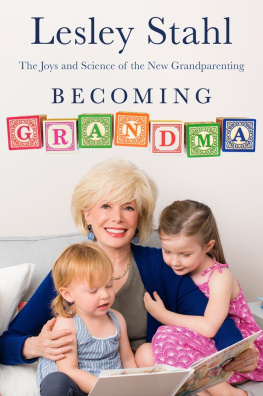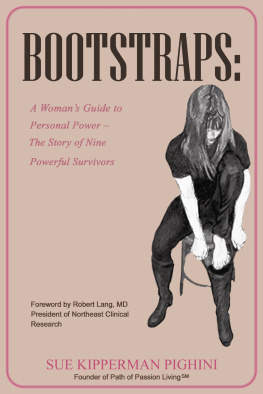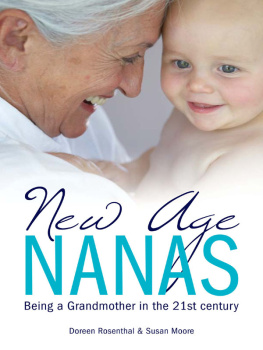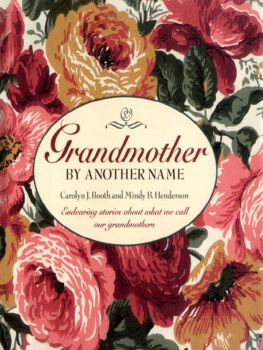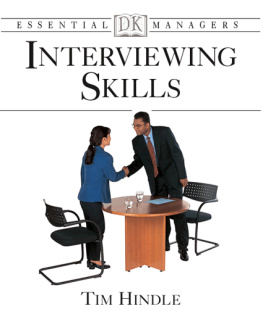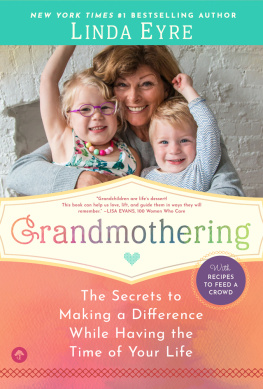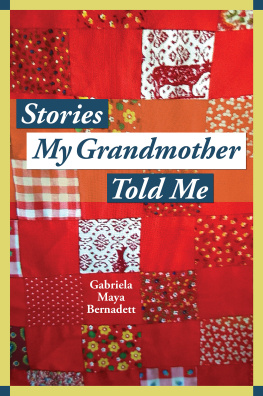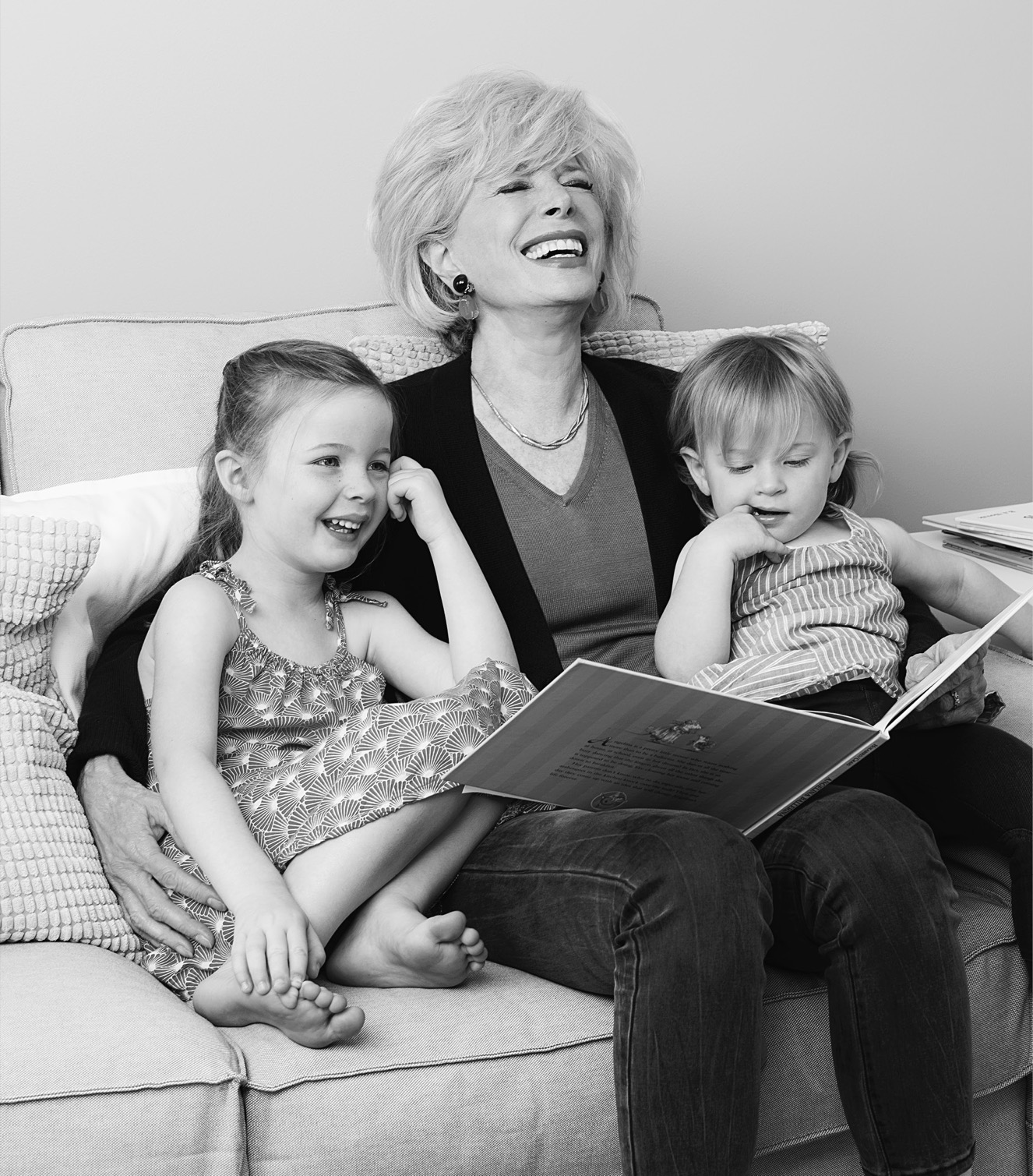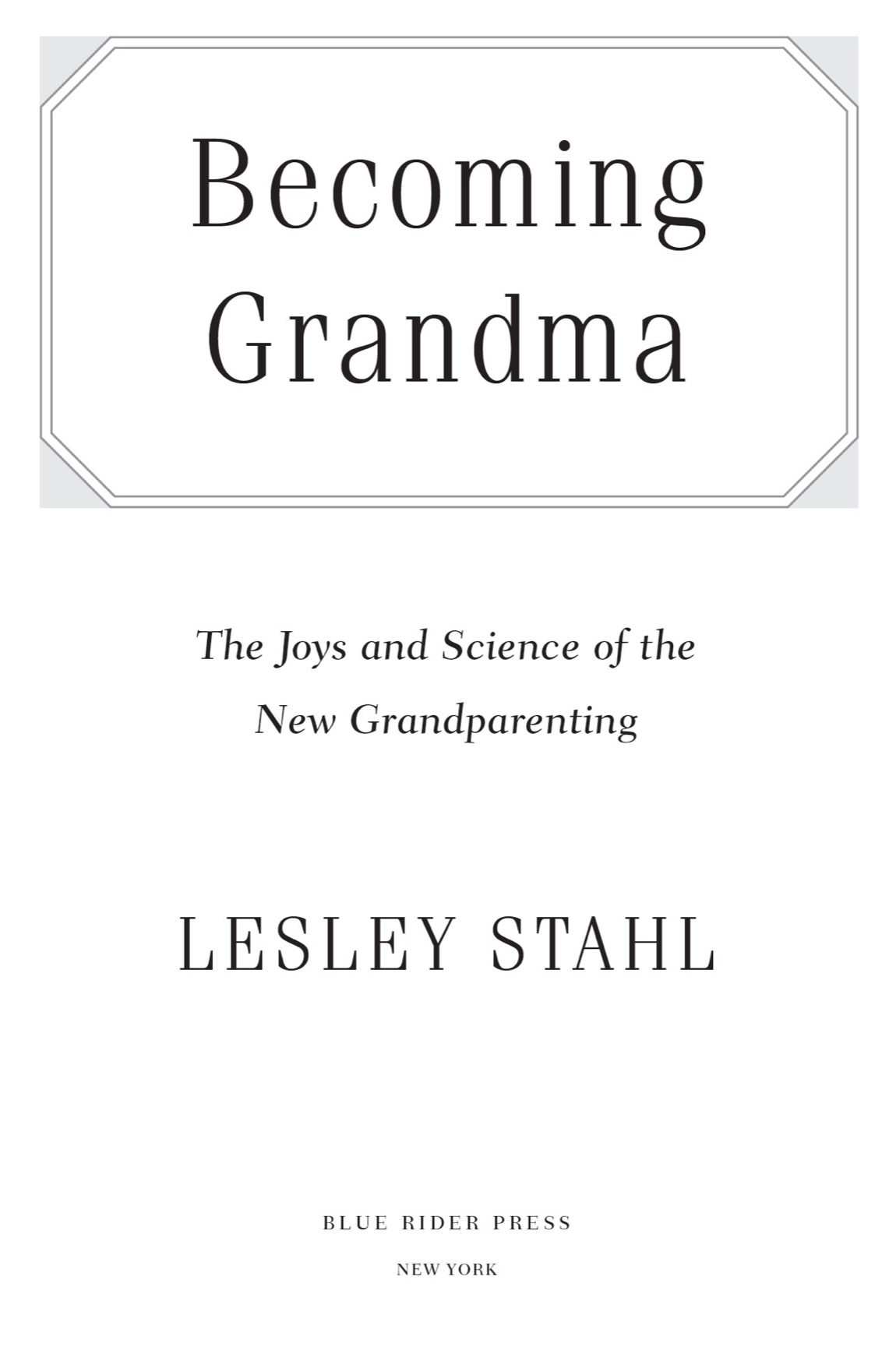Penguin supports copyright. Copyright fuels creativity, encourages diverse voices, promotes free speech, and creates a vibrant culture. Thank you for buying an authorized edition of this book and for complying with copyright laws by not reproducing, scanning, or distributing any part of it in any form without permission. You are supporting writers and allowing Penguin to continue to publish books for every reader.
Blue Rider Press is a registered trademark and its colophon is a trademark of Penguin Random House LLC
: 1973 by Fred J. Maroon
Over the River and Through the Woods
B ecoming a grandmother turns the page. Line by line you are rewritten. You are tilted off your old center, spun onto new turf. Theres a faint scent of dj vu from when you raised your own children, but this place feels freer. Here you rediscover fun and laughing, and reach a depth of pure loving you have never felt before.
Becoming a gran exhilarated me with a new purpose. The change was so big and granular and unexpected, I wanted to understand it. So I took out my reporters notepad and a tape recorder and set off on a journey, a quest, to find out what was happening to me. Does it happen this way to all grandmothers?
People have said to me, Are you nuts? Writing a book about being a grandmother? Telling everyone youre that old? It made me feel I was going to out myself, break some kind of taboo, like Betty Ford admitting she had breast cancer.
The implication is that admitting youre an LOL is self-destructive. Did you know that LOL has two meanings? Laugh out loud is one; little old lady is the other, known in the plural as lollies. Which is funny because Lolly is what my grandchildren call me.
But most of the grandmothers I met on my exploration said they felt strong, physically and mentally. Though one did comment, I think I may be on my next-to-last dog!
Does being an LOL mean you bake chocolate-chip cookies and are otherwise doddering? Or does it mean you went to college and possibly graduate school, got a job, stayed in the workforce and are now a BOTa bright old thingwith power and influence? More and more, its the latter. As weve had the Age of Enlightenment, the Age of Reason, and the Age of Aquarius, there are signs that at the turn of the twenty-first century were entering the Age of the Grandmother.
One reason is that there are so many of us. Baby boomer women alone (aged fifty to seventy) are forty million strong, and the vast majority are grandmothers. It wont be long before more diapers are sold for oldies than for babies!
Youll notice that throughout the book I refer to myself as a baby boomer. Well, Ive taken a literary liberty, because technically Im a pre-boomer, born in 1941. But I see myself as a member of the BB tribe: I was influenced by the same music, politics, and turbulence of the 1960s.
We older women, with our strength in numbers and our MAs, MBAs, and PhDs, are moving into positions of authority and visibility, flexing muscles no one knew we had. Women over sixty are CEOs and heads of state. And in our government, look at whos at the pinnacle: Janet Yellen (sixty-nine), chairwoman of the Fed; former Speaker of the House and now Minority Leader Nancy Pelosi (seventy-five); Senator Elizabeth Warren (sixty-six). It appears that getting up there is the road to breaking the glass ceiling.
Were beginning to see the influence in our culture as well. Hanna Rosin wrote in The Atlantic, Youth is no longer coolor at least its hold on cool has weakened. As evidence, the beauty and fashion industries are turning to sixty-plus-somethings to represent their lines. Cline, for example, chose eighty-year-old Joan Didion as the face of its 2015 collection, while Marc Jacobs chose Jessica Lange at sixty-four. LOral signed the sixties icon Twiggy, now sixty-six, to sell its new cosmetics.
When I started on television in the 1970s, I was told that as a woman, I would not survive on the air past the age of forty. I guess the thinking was that the sagging would sag the ratings. As time went by, forty became fifty, then sixty. Hey, fellas, Im still herein my seventies! Aint it the darnedest.
Research shows that people of both sexes feel more comfortable with ambitious older women than with ambitious younger ones. I gained some insight into why when I met the headmistress of a private school in New York. She told me that she used to take much more grief from the fathers than the mothers. The dads were always thrusting their wagging fingers at me, she said, raising their voices, flapping their arms, taking me on.
But when she reached her sixties, it stopped. I thought I had finally learned how to take charge of a meeting, she said, that I had gained the kind of respect from the fathers I had always felt was lacking. But then she realized something else was at play. I had lost my sex appeal, she laughed ruefully. I came to see that its primordial. That once a woman can no longer reproduce, all that sexual tension, the boy-girl thing, goes away. The contest is over, so men are more willing to take us at face value. She said it was disconcerting to realize she was no longer appealing in that way, but then again, her job got so much easier.
This willingness to more readily accept an older woman in a position of leadership must be a factor in the rise of Hillary Clinton, the poster girl of the Age of the Grandmother. Theres also this: that a gran carries an intrinsic moral authority and by definition conveys a sense of warmth. No wonder Hillary tweets and talks about her granddaughter, Charlotte, out on the hustings.
Speaking of herself and Bill, Hillary has said, We just go to stare at her. It is wonderful and silly at the same time. Practically every grandparent in the country who heard that thought, Hear, hear! The experience of having a grandchild is a common bond, a fundamental human experience that people share.
This new world of powerful older grandmothers is populated by the same women who were the revolutionaries of the late 1960s and early 70s. They (and I) invaded and changed the workplace, as the first wave to benefit from the womens rights movement. Now thirty to forty years later, theyre in the vanguard of a new revolution, pioneers again, defining and developing a new way of grandmothering.
As I explored the subject, I looked into the biochemistry of grandmothers, the history, and the economics. Because my own experience was based on just two grandchildren, both of whom are still very young, I went on a gran tour, asking my friends, my colleagues, experts and Google to help me understand the emotions, duties and problems inherent in the new American grandmothering.

